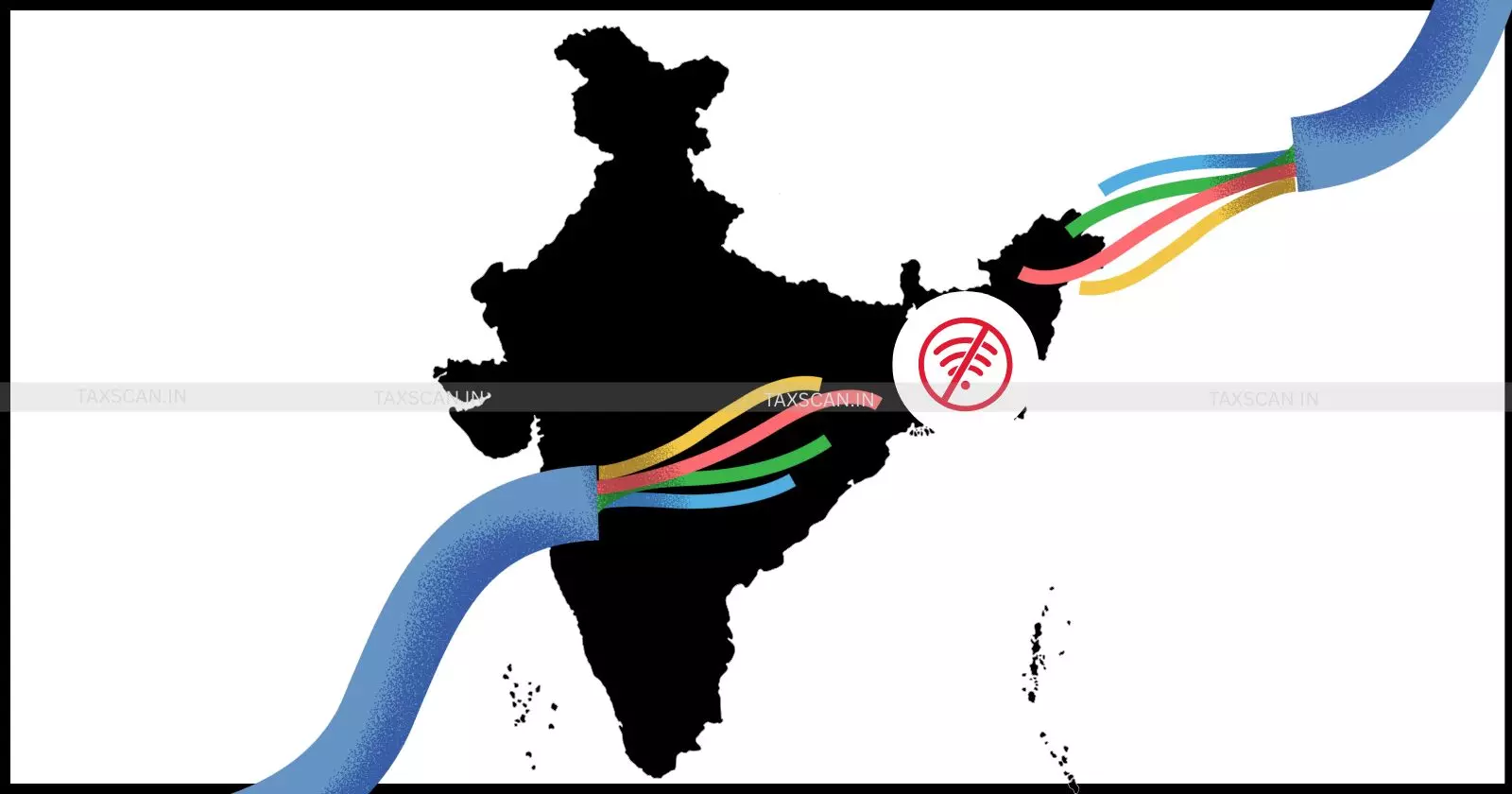India Officially Stops Importing Internet Bandwidth from Bangladesh, BSNL Shifts Northeast Connectivity to Domestic Networks
India has officially stopped importing internet bandwidth from Bangladesh, with BSNL shifting all Northeast connectivity to domestic networks to achieve full digital self-reliance.

India has taken a major step toward digital self-reliance by ending its import of internet bandwidth from Bangladesh.
On October 21, the state-owned telecom company Bharat Sanchar Nigam Limited (BSNL) stopped using the 10 gigabits per second (Gbps) connection that it had been purchasing from Bangladesh Submarine Cable Company Limited (BSCCL) for almost ten years. The change shifts all internet services for India’s northeastern states to domestic fiber optic and satellite networks.
The move ends a deal that began on June 6, 2015, during Prime Minister Narendra Modi’s visit to Dhaka. Under that agreement, Bangladesh supplied internet bandwidth to Tripura and other northeastern states to improve connectivity in the region. In return, India supported Bangladesh with power and other resources.
Master the Latest Amendments in Income Tax Act Click here
 Also Read:Mere Adjustment of ITC doesn't attract Section 73 Proceedings: Kerala HC Quashes GST Order [Read Order]
Also Read:Mere Adjustment of ITC doesn't attract Section 73 Proceedings: Kerala HC Quashes GST Order [Read Order]
However, the partnership faced repeated problems such as payment delays and billing disputes. Officials in Dhaka have said that BSNL’s recent decision was driven by financial issues and long-standing disagreements.
This time, the halt is permanent. BSNL confirmed that all internet traffic for the Northeast is now being handled through Indian networks. The company said the new setup offers more stable and faster connections without the risk of cross-border service interruptions.
India had previously depended on Bangladesh for about 20 percent of its internet needs in the region. By switching to local infrastructure, BSNL expects to save costs and strengthen national security.
The decision also comes at a sensitive diplomatic moment. Relations between India and Bangladesh have cooled since the fall of former Prime Minister Sheikh Hasina in August 2024.
Get a Handbook on TDS Including TCS as Amended up to Finance Act 2024, Click Here
Her successor, Nobel laureate Muhammad Yunus, caused controversy after calling India’s Northeast “landlocked” and inviting China to expand its influence through Bangladeshi ports. Indian leaders, including External Affairs Minister S. Jaishankar, strongly disagreed with those remarks.
For Bangladesh, the end of the deal means the loss of about 5 to 10 million dollars in yearly exports from its telecom sector. For India, it represents a step toward full digital independence for the 45 million people living in the northeastern states. The region will now rely completely on Indian fiber and satellite links, marking a new phase in India’s efforts to secure its digital borders.
Support our journalism by subscribing to Taxscanpremium. Follow us on Telegram for quick updates


